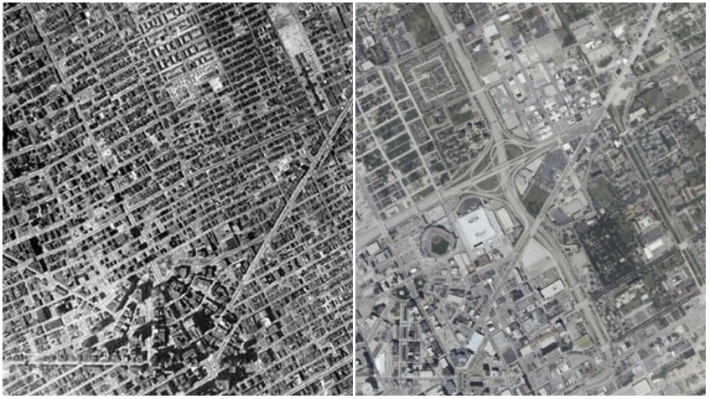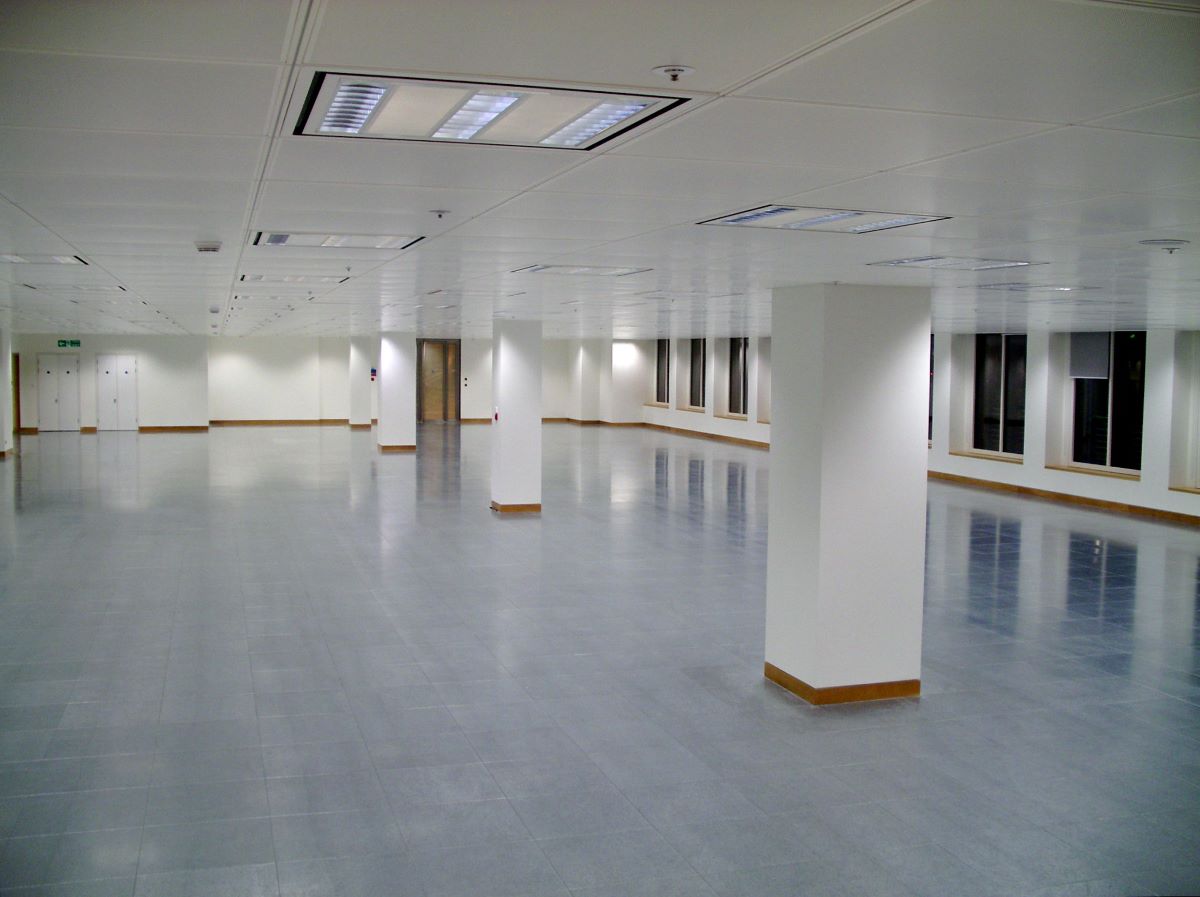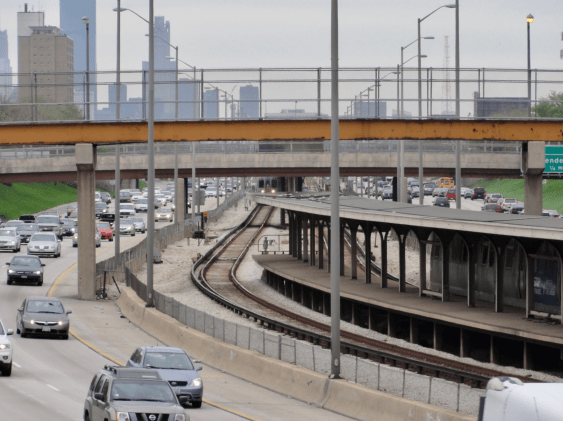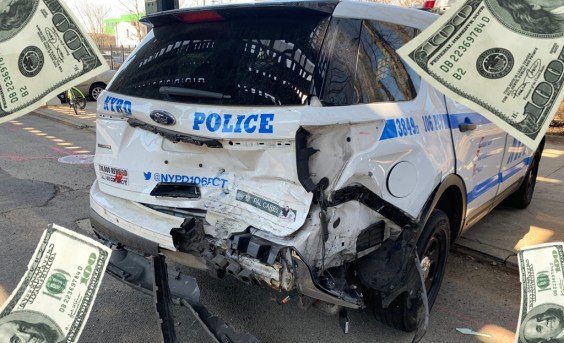WHEREAS, communities across the southeast Michigan face an acute shortage of transportation funds to repair existing streets and bridges, address safety needs, and provide the quality of life that attracts and retains residents and employers; and
WHEREAS, within the City of Royal Oak these needs specifically include the repair of existing roads; and
WHEREAS, the Michigan Department of Transportation has approved and intends to commence major highway reconstruction and capacity expansion projects on 1-75 in Oakland County and I-94 in Detroit, with expected costs that may exceed $4 billion dollars, including hundreds of millions for capacity expansion; and
WHEREAS, the 2040 Long-Range Plan states that traffic congestion in southeast Michigan is “limited,” that the region will not regain its 2000 population with the next 25 years, and that any increase in traffic levels will be modest; and
WHEREAS, surveys performed by SEMCOG show that a majority of the region’s residents do not support raising taxes for the purpose of expanding highway capacity; and
WHEREAS, the expansions threaten significant negative impacts to the communities they traverse, including displacement of residents, destruction of local tax base, loss of property value, increases in traffic noise, aggravated air pollution, and continued disinvestment;
WHEREAS, it has been well established that such road expansions provide only temporary relief, while exacerbating traffic congestion in the long run; and
WHEREAS, $4 billion would be far better spent addressing our region’s desperate need for a comprehensive regional transit system to meet the needs of residents; and
WHEREAS, cities across the state are suffering consequences of decades of anti-urban policies, such as freeway expansions, which encourage sprawl while decreasing investment in the very population centers where the majority of residents live; and
WHEREAS, state law dictates that not only must cities and villages suffer the consequences of these policies, but in fact, must bear a portion of the cost of opening, widening, and improving state trunk line highways resulting in further deterioration of existing local infrastructure; and
WHEREAS, SB 557 introduced by State Senator Knollenberg proposed to eliminate the requirement that Royal Oak residents’ tax dollars be redirected to a project that harms our community; and
NOW THEREFORE BE IT RESOLVED, the City Commission of the City of Royal Oak opposes the inclusion of these highway capacity expansion projects in the 2040 Long-Range Plan; and
BE IT FURTHER RESOLVED, the City Commission especially opposes the proposed Transportation Improvement Project amendments pertaining to the acceleration of the widening of 1-75 between Eight Mile Road and M-59; and
BE IT FURTHER RESOLVED, the Royal Oak City Commission requests that the funding currently programmed for these capacity projects be redirected to other roadway projects, such as performing preventive maintenance and rehabilitating existing major roads, bridges and local streets; addressing critical safety needs; developing and implementing mass transit; and enhancing the overall quality of life through these measures; and
BE IT FURTHER RESOLVED, that the city of Royal Oak will utilize all legal means at its disposal to prevent this expansion from taking place; and
BE IT FURTHER RESOLVED, that the city of Royal Oak supports the passage of SB 557 which, at the very least, would end the requirement that Royal Oak residents fund a project that will bring harm to our city; and
BE IT FURTHER RESOLVED, this Resolution shall be transmitted to SEMCOG and its Member Communities, the Michigan Municipal League, the Michigan Department of Transportation (MDOT), Governor Rick Snyder, and Representative James Townsend and Senator Marty Knollenberg.





